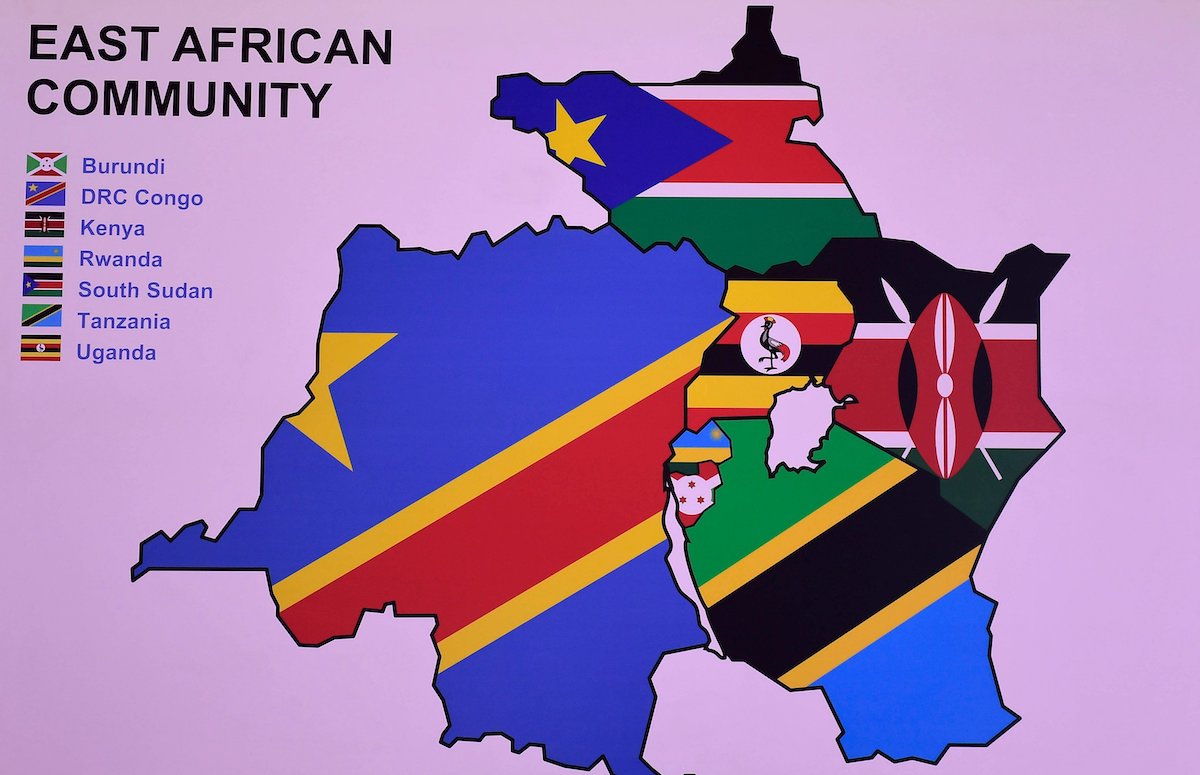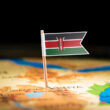NAIROBI, Kenya – In his book Africa, The Politics of Suffering and Smiling, Patrick Chabal addresses a key theme in the chapter on violence. On page 151, he notes that the overall consequence of a state rife with chronic violence leads to processes of dehumanization that take three forms: the degradation of the human body, the collapse of shared values, and the breakdown of social order.
As individuals who are both victims and survivors of deliberate political control, many in East African states experience the desire of political leaders to exploit their monopoly on state resources. This exploitation often supports impunity, corruption, and the abuse of the rule of law, which has become prevalent in the region.
On 16 November 2024, Kiza Besigye was forcibly removed from the comfort and privacy of an apartment in Nairobi. The silence from our Kenyan authorities, particularly from the President, was alarmingly troubling. Such harsh and unapologetic political cruelty, both in Kenya and Uganda, is reminiscent of the brutality of slavery and is inexcusable, even when viewed through the lenses of intolerance.
Similarly, the attempted abduction of Maria Sarungi Tsehai on 12 January 2025 received a similarly muted response from the Kenyan government. There was no indication of concern for the safety of visitors in the country. It appears that the leadership in the three countries is directing their agencies and agents to act as if the law does not exist. Meanwhile, there are persistent allegations about the activation of extra-judicial militias.
The Treaty establishing the East Africa Community commits partner states to uphold good governance as outlined in Article 6. This includes adherence to principles such as democracy, the rule of law, accountability, transparency, social justice, equal opportunities, and gender equality.
It also emphasizes the recognition, promotion, and protection of human and people’s rights in accordance with the African Charter on Human and Peoples’ Rights. However, there has been a significant abdication of these principles, evidenced by the high levels of impunity in Uganda, Kenya, and Tanzania. The leadership in these countries appears to disregard universal declarations meant to promote and protect human rights, often favoring political expediency that fosters authoritarianism.
Seven months after Kiza Besigye’s deportation, unfortunate events unfolded in Tanzania involving Counsel Martha Karua, Chief Justice Emeritus Willy Mutunga, representatives from the Law Society of Kenya, and other civil society leaders.
These incidents highlighted serious concerns about the erosion of democracy. It is shameful that countries that pride themselves on being part of the international community, defined by their commitment to instruments promoting global harmony appear to betray the very democratic principles that initially helped them come to power.
Three countries have ratified important international instruments aimed at protecting and promoting human rights. They are also members of the United Nations, which is committed to upholding human rights principles, fundamental freedoms, and good governance. However, the fear of the repercussions of democratic development, particularly regarding inclusion, permeates the governance of these nations.
In Tanzania, for example, observing a court process involving one of the opposition leaders, Tundu Lissu, has become a punishable act. Additionally, the mere act of expressing support for Bobi Wine, despite the significant electoral disadvantages he once faced, instills fear in those who hold power.
It is unacceptable for East African governments to limit civic engagement spaces where speech, opinion, assembly, worship, and association should thrive.
We cannot reach the goals outlined in East Africa’s Vision 2050, Africa’s Agenda 2063, or the global sustainable development goals for 2030. It is deeply concerning that governments, elected on democratic principles, even when warped, would intentionally undermine the very social contract that brought them to power. Leaders who lack integrity by avoiding accountability must be held to a higher standard.
It is essential for the African Union and the African Commission on Human and Peoples’ Rights to not only condemn the blatant abuse of the rule of law but also to collaborate with East and Central Africans in combating the growing culture of injustice.
There is a humble request from the voices of reason. Especially those who remain unafraid of abductions, enforced disappearances, and extrajudicial killings. The international community to build partnerships with local civil society in order to safeguard what appears to be a very fragile platform for liberation.
The attack on diverse voices, more so the youth within a political landscape supported by legal intimidation, identity profiling, hate speech, and negative labeling can only marginalize the majority who are already living on the fringes.
This environment is a divide between those favored and disfavored by the law, leading to a rift in democratic values between oppressors and the oppressed. Unfortunately, in this ideological struggle, those without solid philosophical foundations guiding their political choices often resort to shortcuts to grasp and stay in power. This has resulted in the use of security structures to promote exclusionary and undemocratic schemes.
In this context, we must strive to protect the independence and functionality of the region’s judiciaries. It is essential to activate and uphold the principle of separation of powers. The survival and effectiveness of an impartial court system may not always be obvious. We need the court system to challenge impunity and reject the abuse of the rule of law.
In Uganda, Museveni’s government has shown the extent of executive overreach by court-martialing Kiza Besigye, who is a civilian. We are observing the Tundu Lissu case in Tanzania with caution, as President Samia Hassan has banned the Chadema party from participating in general elections, leaving little hope for judicial independence. Meanwhile, Kenya’s judiciary continues to demonstrate its independence, despite facing accusations of corruption. Even so, these institutions remain the last bastion of sanity.
We must liberate democracy and its champions from the executive’s grip of security oversight. The public court of justice relies on those who advocate for democracy and can resist the threats of state capture. As a civil society, we owe them our solidarity in demanding that respect for human rights and dignity be universal and never compromised.
Eric Mukoya, is the Executive Director, International Commission of Jurists, Kenyan Section (ICJ Kenya). This article was first published on the People Daily Newspaper.







